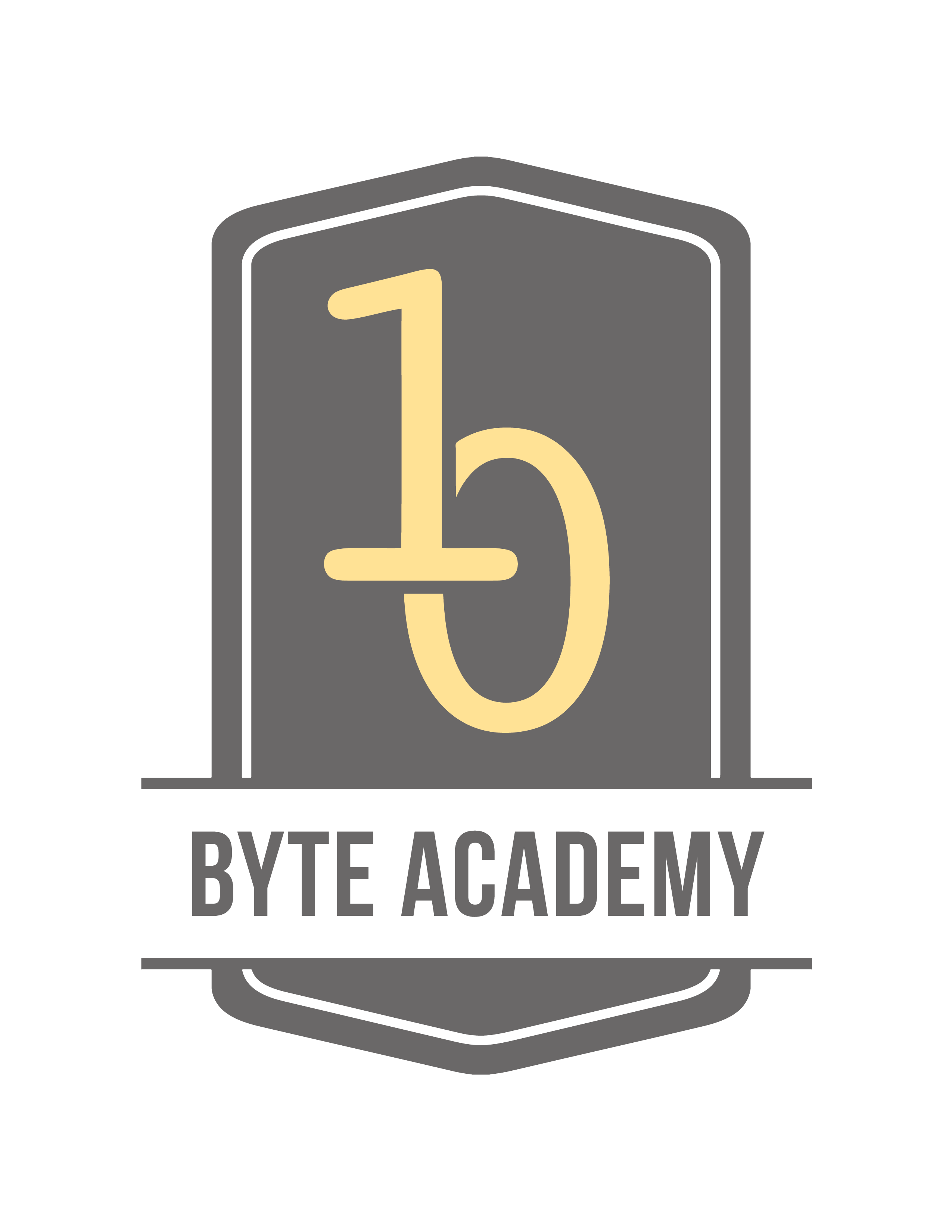With the increasing number of cryptocurrencies available nowadays, it’s the right time to look at how to trade in cryptocurrencies. We start with examining your potential objectives, and from thereon, we look at the various factors you should consider before choosing the right trading platform. We also list prominent cryptocurrency exchanges, along with their pros and cons.
With regards to cryptocurrencies, you probably have one or more of the following trading objectives:
- Buy from, and sell to, other traders in cryptocurrencies;
- Trade directly with people from all over the world, where sellers set the price;
- Trade in cryptocurrencies where price is set by the broker, like forex brokerage;
- Buy and hold cryptocurrency funds.
Following are the respective trading platform types for the above trading objectives:
- Traditional cryptocurrency exchanges, which are like today’s stock exchanges, and you can buy and sell based on current market price, while the exchange acts like a middleman, and charges a fee for the transaction. An example is GDAX, owned by Coinbase.
- Direct trading exchanges offer direct peer-to-peer trading, where the seller sets the price.
- Cryptocurrency brokers, which are similar to currency exchanges at the airports. Here the broker sets the price, which is market price plus a small premium. An example is Coinbase.
- Cryptocurrency funds are professionally managed cryptocurrency assets, where you can buy and hold cryptocurrency via the fund. GBTC is an example.
While looking for the cryptocurrency trading platform, you need to consider the following:
- The reputation of the exchange, i.e. is it secured, do they provide transparent data about coins, are there a sufficient number of good reviews in the relevant cryptocurrency trading forums?
- Ease of use: particularly important if you are a new user, or don’t have sufficient technical familiarity with cryptocurrencies. Some exchanges are suitable for advanced users only, while some require the user to have considerable technical knowledge. It’s important to consider the services they offer, for e.g. wallets, different trading options etc.
- Clarity on the fees charged by the exchange.
- Which cryptocurrencies are listed, do they have the one you are interested in?
- What are the payment methods, for e.g. do they accept PayPal, and is there flexibility?
- Do you want to remain anonymous? If you do, you need to check the verification requirements, because some of the exchanges require rigorous ID verification.
- Does the exchange work in your geography?
- Are the exchange rates clear, and are they to your liking? Remember that the rates fluctuate.
Prominent cryptocurrency exchanges, and their pros and cons:
Here, we take a look at a few prominent cryptocurrency exchanges and analyze the advantages they offer, and disadvantages, if any:
Coinbase: The most reputed one, used by millions of people to buy, sell, store and trade cryptocurrencies securely. They deal with the two big ones in the market, i.e. Bitcoin and Ethereum, besides they also have Litecoin and Bitcoin Cash. It’s ideal for beginners, and secure. It’s very user-friendly and operates in the US, Canada, Europe, UK, Australia, and Singapore. It allows debit card transactions and has an online wallet that’s also insured. However, advanced traders won’t find it flexible enough, and they have very few cryptocurrencies.
Bittrex: A contender for the tag of world’s largest cryptocurrency exchange, they offer 200 trading pairs, and enjoys a high degree of trust. It’s the best-known altcoin exchange and has high volume suitable for big trades. However, they haven’t scaled as Coinbase has, and have very heavy vetting requirements.
Binance: This China-based exchange is relatively new, but has proven its mettle with the clients. It has very robust analytics and offers both basic and advanced interfaces, suited to traders of varying experience levels. They charge very low transaction fees, offers a wide variety of coins including rare ones, and offers high liquidity that facilitates easy entry and exit. However, there is lack of clarity on how regulations in China will impact its future.
Localbitcoins.com: They deal in Bitcoins only, and allow you to execute person-to-person transactions all over the world, i.e. you interact directly with buyer/seller. PayPal can be used, it’s available all around the world, and this exchange does not require any verification in most cases. However, keep in mind that there are risks associated with completely anonymous transactions. Also, in-person transactions take long to complete.
GDAX: A subsidiary of Coinbase, this is really good for technical traders and has a high degree of liquidity. Processing of deposits and withdrawals is fast, deposits are in US $, and GDAX is known as the best Ethereum exchange. It’s really optimized for serious traders. However, keep in mind that ID processing steps are more than many other exchanges.
Kraken: Offers a lot of variety in terms of cryptocurrencies listed, for e.g. they have Ripple, Stellar Lumen, Zcash etc. in addition to Bitcoin and Ethereum. The user can trade between Bitcoin and US $, Euros, Canadian Dollars British Pounds, and Japanese Yen. This exchange offers a high degree of flexibility for advanced traders and has very good global reach. However, if you are a newcomer, this platform is certainly not for you, because this is a complicated exchange. It’s less user-friendly when compared to market leaders like Coinbase.
If this is the first time you are going to trade in cryptocurrency, the simplest option is an exchange-broker-wallet hybrid. This allows you to trade and invest using one single platform. Coinbase/GDAX is one such hybrid, which is ideal for a newcomer to this space.
Interested in Software Development and want to know more? Checkout Byte's Software Development course.



